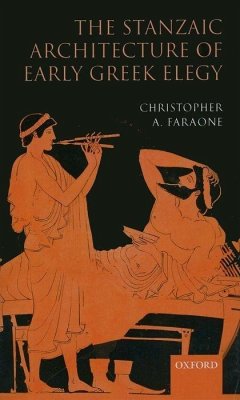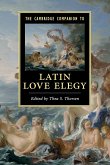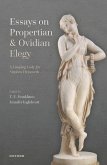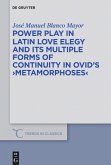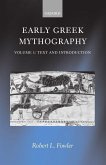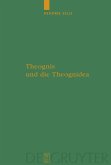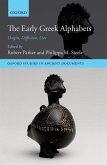In this study of poetic form in early Greek elegy, Christopher A. Faraone argues against the prevailing assumption that it was a genre of stichic poetry derived from or dependent on epic verse. Faraone emphasizes the fact that early elegiac poets composed their songs to the tune of an aulos (a kind of oboe) and used a five-couplet stanza as a basic unit of composition. He points out how knowledge of the elegiac stanza can give us insight into how these poets alternated between stanzas of exhortation and meditation, used co-ordinated pairs of stanzas to construct lengthy arguments about excellence or proper human government, and created generic set pieces that they could deploy in longer compositions. Faraone's close analysis of nearly all the important elegiac fragments will greatly enhance understanding and appreciation of this poetic genre.
Hinweis: Dieser Artikel kann nur an eine deutsche Lieferadresse ausgeliefert werden.
Hinweis: Dieser Artikel kann nur an eine deutsche Lieferadresse ausgeliefert werden.

